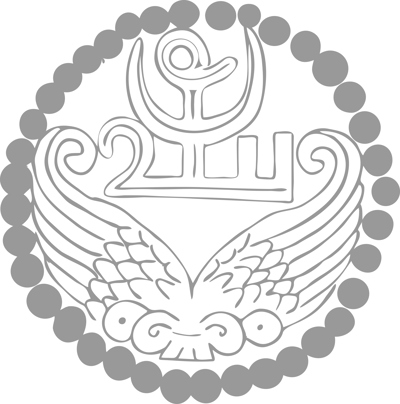
Method of peer review
single-blind undertaken by (a) specialist member(s) of the Board or (an) external specialist(s)
Keywords
Central Asia, Iran, Iraq, Caucasus, Late Antiquity, Early Islam, Islamic History, West Asia, 400-800 CE
Accepted Language(s):
English, French
This series offers a close focus on the often-neglected history of Central and West Asia in the first millennium AD. While late antique and early medieval periods in Europe and the Near East have long been the subject of scholarly study, until now relatively little attention has been paid to the regions further east — namely Sasanian and Post-Sasanian Iran and Iraq, the Caucasus, and Central Asia. Taking this geographical expanse as its focus, this timely series aims to address the imbalance in scholarship by placing a spotlight on Central and West Asia during the 'long' first millennium, from the turn of the first century to c. AD 1000 and beyond, up to the advent of the Mongols. Proposals are invited for both monographs and thematic edited collections that explore the history, material culture, and society of this region during the Late Antique and early Islamic period, with the aim of driving forward research in this region and bringing results to a new and international audience.
-
EDITORIAL BOARD
General Editor
Khodadad Rezakhani, Universiteit LeidenEditorial Board
Ahab Bdaiwi, Universiteit Leiden
Kevin van Bladel, Yale University
Touraj Daryaee, University of California, Irvine
Shervin Farridnejad, Universität Hamburg
Simcha Gross, University of Pennsylvania
Robert Haug, University of Cincinnati
Betty Hansellek, Cornell University
Ani Honarchian, Saint Louis University, Missouri
Albert De Jong, Universiteit Leiden
Nina Mazhjoo, Concordia University
Stephen Rapp, Sam Houston State University
Alison Vacca, University of Tennessee
Philip Wood, Aga Khan University, London
-
AUTHOR INFORMATION
Main language: English
Additional languages: French, German
Single-blind undertaken by (a) specialist member(s) of the Board or (an) external specialist(s)
All volumes in this series are evaluated by an Editorial Board, strictly on academic grounds, based on reports prepared by referees who have been commissioned by virtue of their specialism in the appropriate field. The Board ensures that the screening is done independently and without conflicts of interest. The definitive texts supplied by authors are also subject to review by the Board before being approved for publication.English short references can be found at: https://www.brepols.net/permalink/stylesheet-short-refs